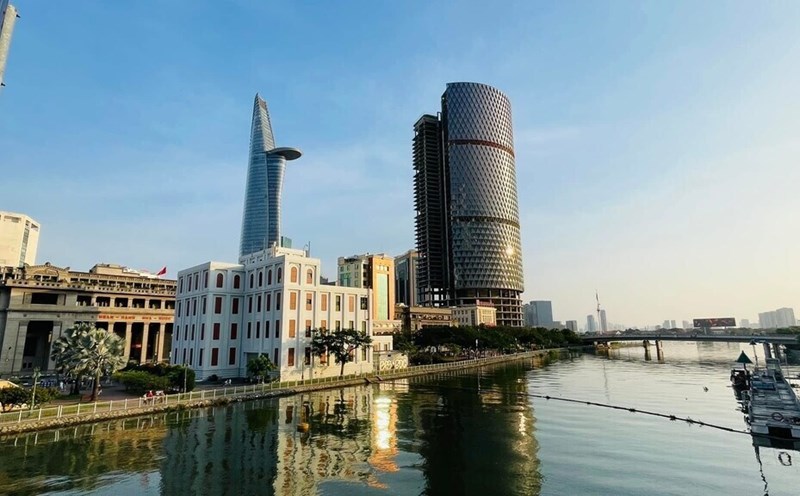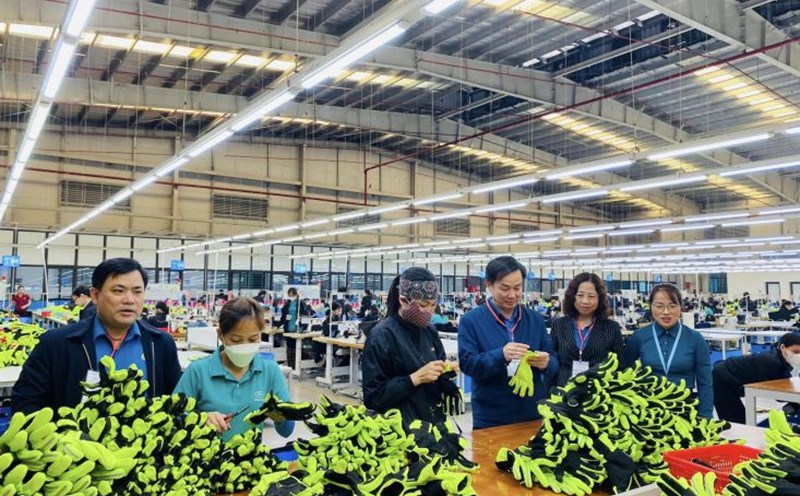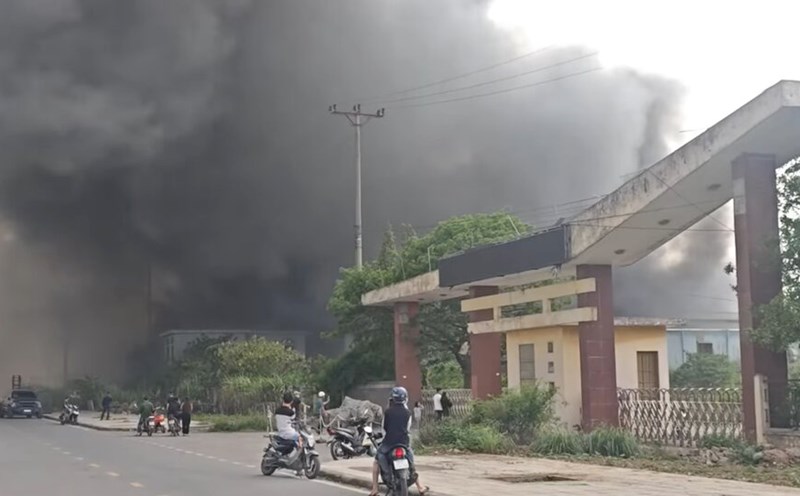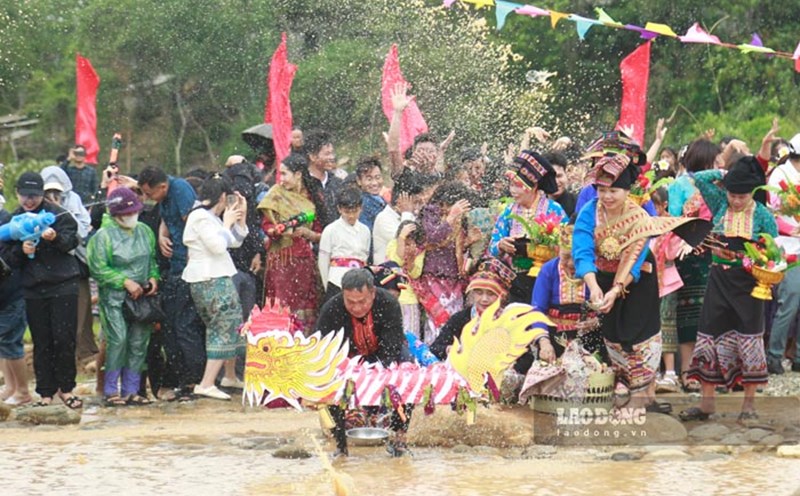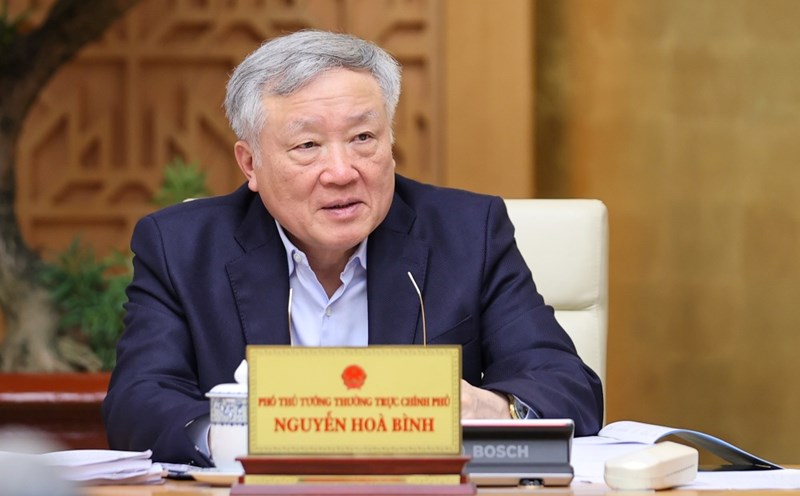Mr. Pham Xuan Hong - Chairman of the Ho Chi Minh City Textile and Garment and Knitting Association - said that businesses are actively looking for new markets, diversifying products to segments with higher added value and improving quality to minimize negative impacts from US tariff policies. However, this is only a temporary solution, in the long term, requiring strong intervention and support from the Government.
According to Mr. Vu Thai Son - Chairman of Binh Phuoc Association, General Director and Chairman of the Board of Directors of Long Son Joint Stock Company, right after appearing information on new tax policies, domestic businesses quickly worked with the US partner to adjust the delivery plan. However, the reaction from customers is quite different. Information about new tax policies from the US immediately affected the general psychology of the cashew industry.
However, the cashew industry still has certain advantages. Because they are classified as essential foods along with meat, fish... it is likely that cashews will not be subject to high taxes, in order to avoid affecting inflation in the US. This can be considered an advantage for Vietnamese cashews in the US market, in the context of the market's tax policy constantly changing.
Mr. Nguyen Van Muoi - Deputy General Secretary of the Vietnam Fruit and Vegetable Association - said that currently, most of Vietnam's agricultural products are exported in fresh or processed form. This helps increase export output, but the value of revenue is not high and there are many potential risks when the market fluctuates or when tax policies change.
Therefore, according to Mr. Muoi, it is necessary to have policies to encourage businesses to invest in deep processing agricultural products for export. He proposed that the State should issue many policies to support businesses to invest in science and technology to increase added value for export agricultural production. At the same time, it is necessary to plan the raw material area associated with the processing factory, in order to reduce production, transportation and logistics costs, thereby improving the competitiveness of agricultural products in Vietnam.
According to the Ho Chi Minh City Business Association (HUBA), many businesses in the area are currently facing difficulties due to declining domestic consumption demand, while there is a shortage of export orders. Although business activities of small and medium enterprises have shown signs of recovery, they are not really positive.
HUBA's Q1/2025 business situation report shows that although 69.5% of businesses recorded increased sales revenue, the rate of businesses with reduced revenue still accounted for 30.4%. Notably, due to increased input costs (such as raw materials, labor, etc.), up to 39% of businesses said that profits were down, partly affecting the business confidence of a part of entrepreneurs.
Faced with the above situation, businesses recommend that Ho Chi Minh City need to have timely support solutions to remove difficulties and obstacles. In particular, it is necessary to promote credit support, reduce loan interest rates, implement consumer stimulus programs and support businesses to promote production and business activities.


